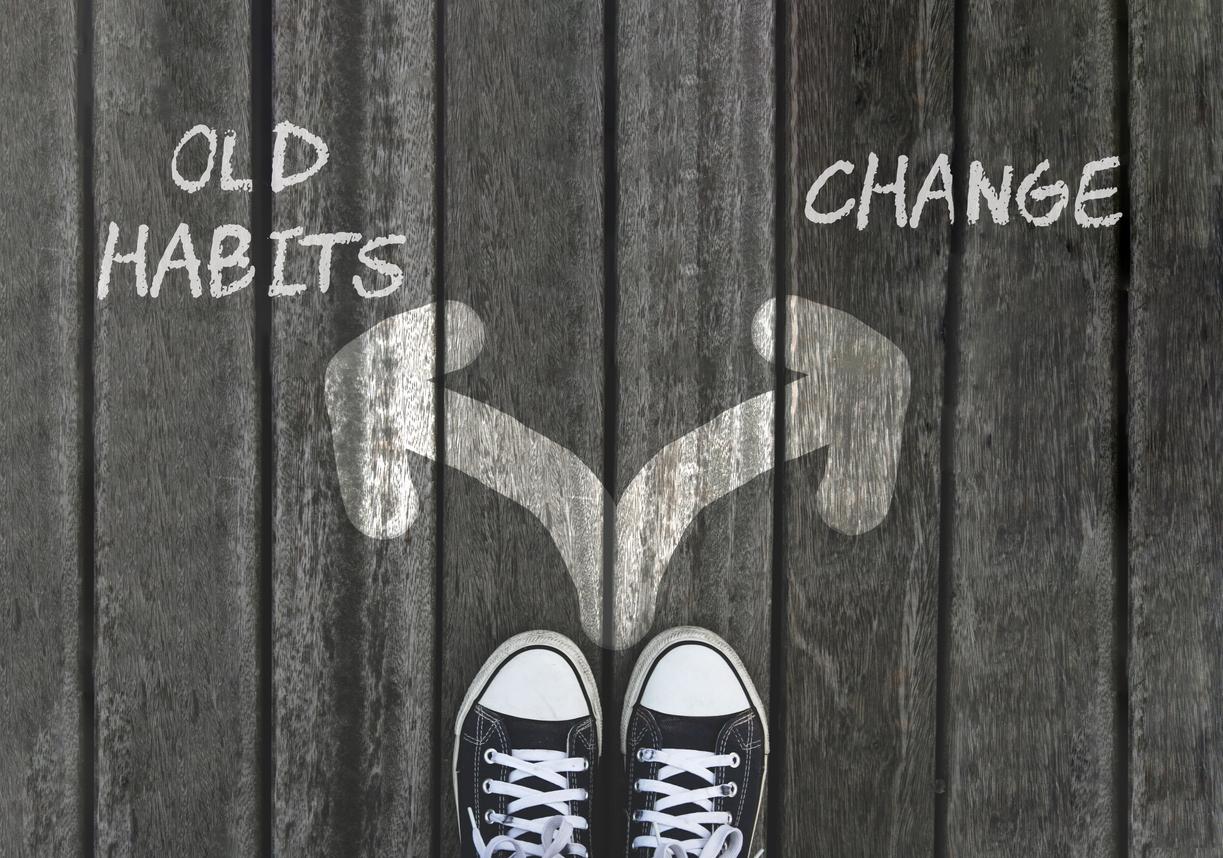
Interview with a sleep expert
What is the influence of summer and winter time? How come there are morning and evening people? It all has to do with your biological clock. Interview with sleep expert Prof. Dr. Kerkhof.
Adjusting to a different sleep rhythm is always difficult. For example, during the transition from winter to summer time. This always takes place in the night from Saturday to Sunday. It’s still okay on Sunday, but on Monday morning when you have to go back to work, you suddenly get up less easily. Your biological clock is still not correct.
Transition from winter to summer time
Sleep expert Prof. Dr. Kerkhof knows what you can do about it. “To make the transition from winter to summer time a bit easier, you can get out of bed a little earlier on Sunday morning. You have to get up about two hours earlier.”
“In this way you let your biological clock get used to it early. Exposure to daylight is also important. In the evening you are more sleepy, because you are up longer. This makes it easier for you to go to bed earlier. These tips also work. with jet lag.”
afternoon person
Whether you are a morning or evening person is half genetically determined. The other half is environmental. An influence is, for example, upbringing, working in shifts or the presence of small children. If you often have to get up early, this will be easier for you than someone who is not used to this.
Yet, according to Kerkhof, there are no rules to determine whether someone is a morning or evening person. “The concept of morning or evening person is relative and no sharp boundary is possible. Although the scale on which we measure has extremes on both sides, it also has a large gray area in between.” It turns out that about half of the people are neither a morning person nor an evening person.
Up early
Morning people are sometimes found unsociable at parties. They are sleepy early on and cannot go on all night. Evening people, on the other hand, become sleepy later, but have trouble getting going in the early morning.
Especially on vacation, when you are not tied to working hours, you notice how your biological clock is naturally set. “You see the outspoken morning people crawling out of their tent at seven or eight in the morning. An evening person should absolutely not think about this! During his holiday he usually only starts the day around eleven o’clock”, said Kerkhof.
Spreading working hours
Working hours from nine to five can be a problem for outspoken evening people. Prof. dr. Dr. Kerkhof therefore sees something in Dr. Victor Spoormaker’s plea to adjust working hours for evening people. “I think this is economically feasible. There are already so many measures that make this possible. Think of teleworking, e-mail, internet and teleconferences. Meetings could also be scheduled later in the day. And just think of the many call centers who now operate from abroad. They also have different time zones.”
“By spreading the working hours, we would work much more efficiently economically. In addition, the highways and public transport are used more efficiently in this way: there is less peak load in the morning hours.”
Job for evening people
Another insight is that evening people function better in shifts. There is more dropout among morning people who work shifts. It may therefore be a good idea to seriously discuss working hours as well, when discussing one’s terms of employment. Prof. Kerkhof: “The 24-hour economy makes it increasingly possible to make shifts in working hours. There is room for flexibility. It just needs a change of mentality. We have to accept that there are differences between people.”















